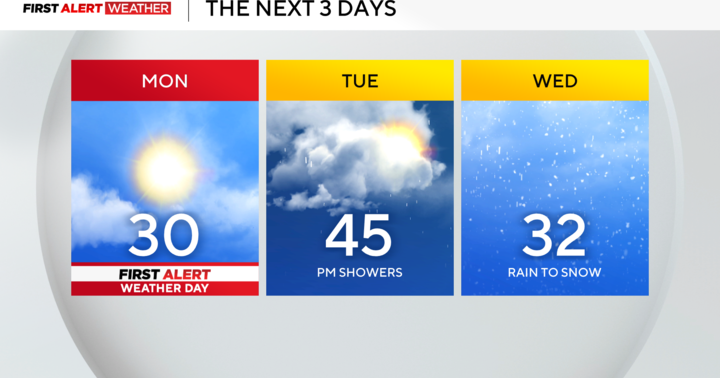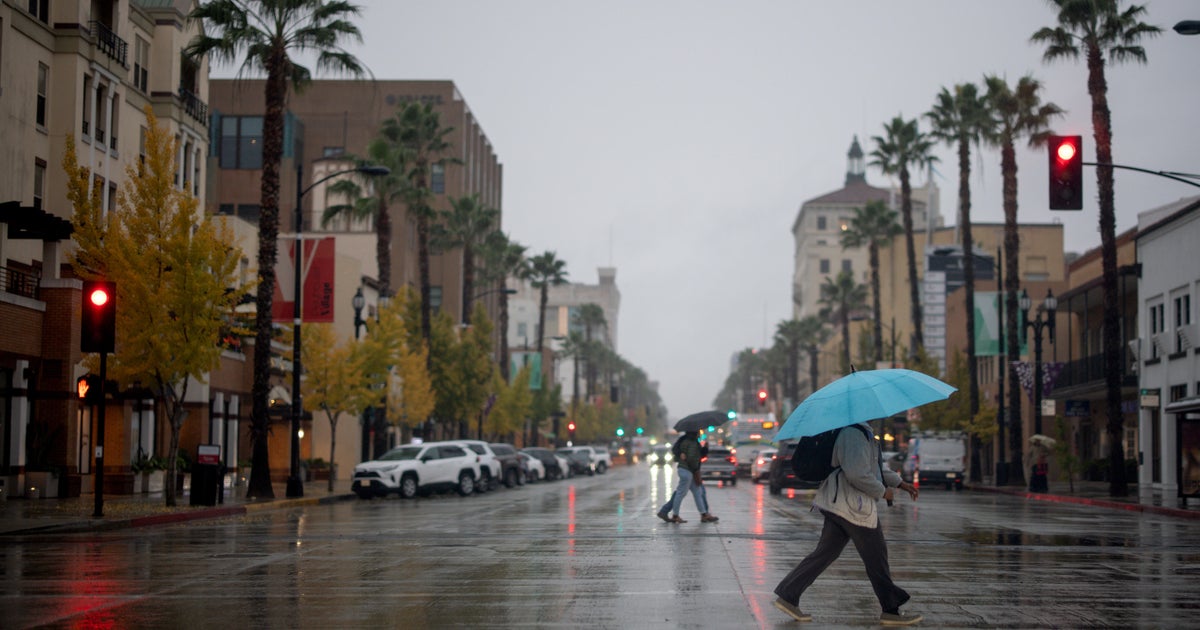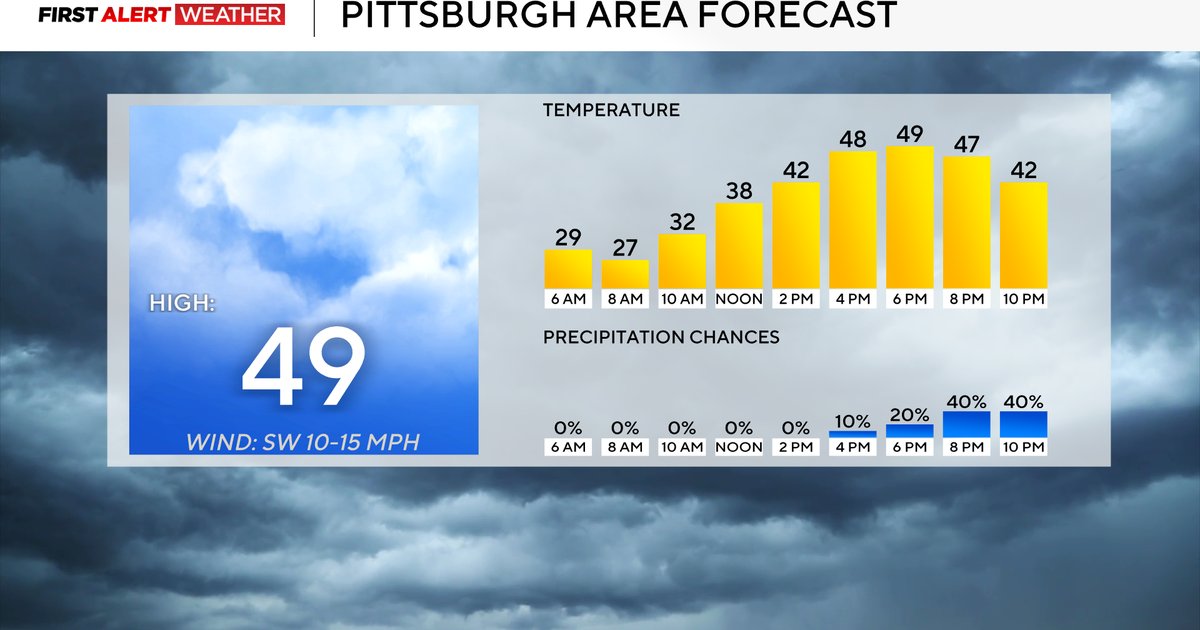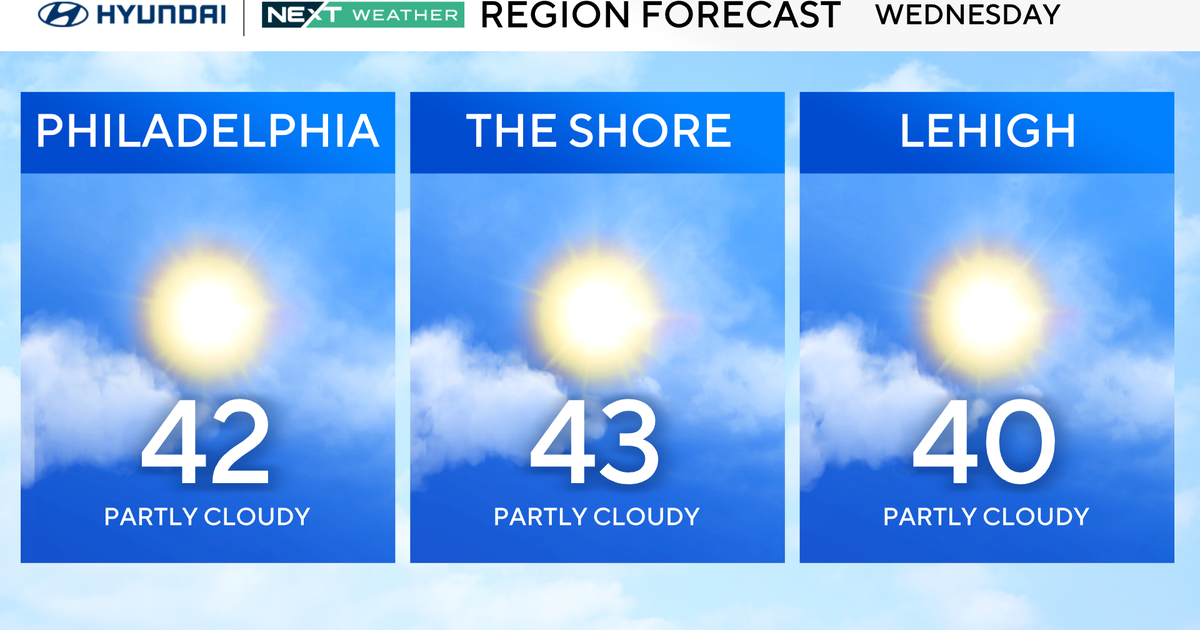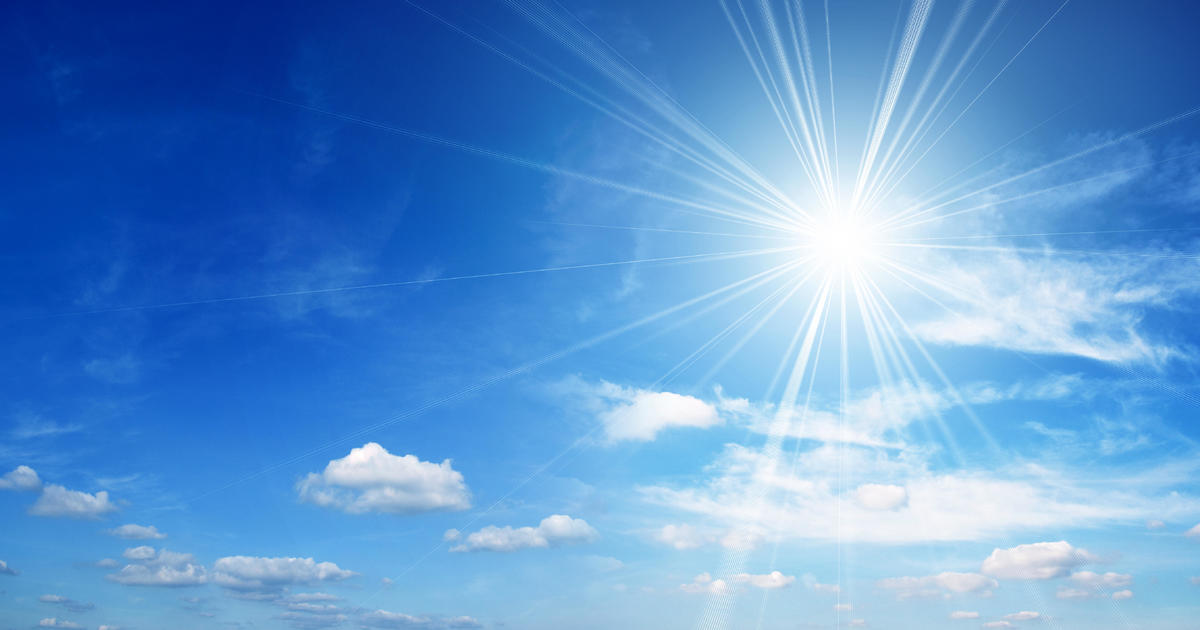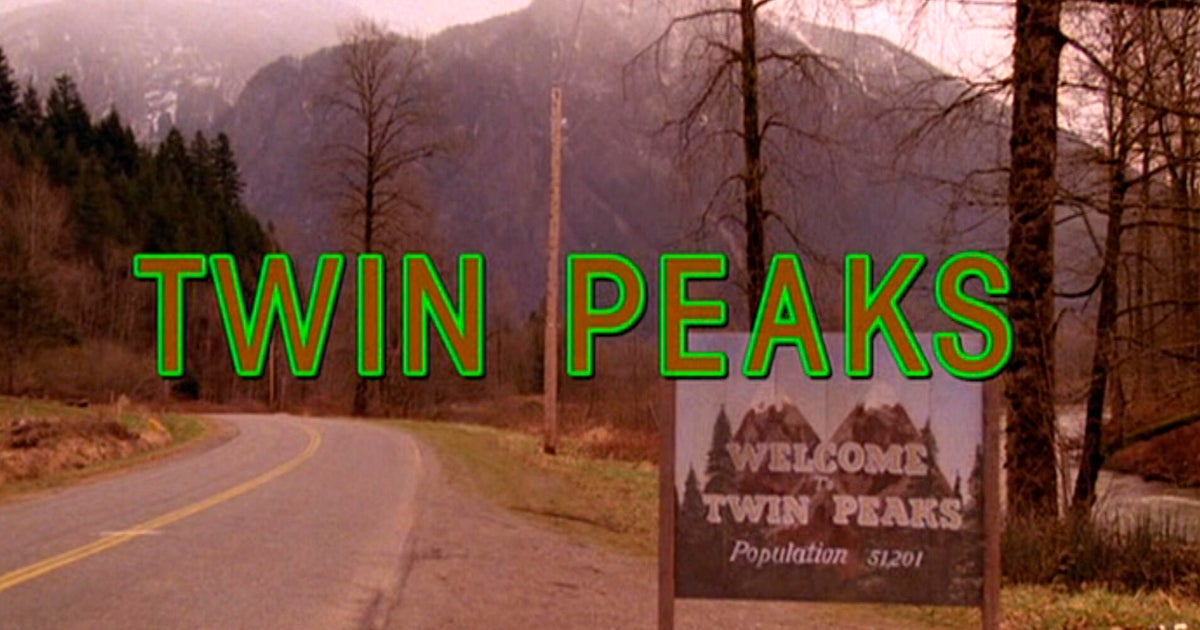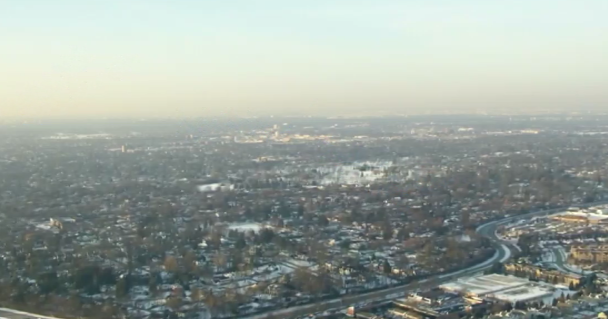Earth 365: 'Molecules makers' at CMU working to create better plastic
PITTSBURGH (KDKA) - Earth Day is coming up this Saturday, but CBS News and KDKA-TV have a commitment to covering stories about the earth year-round.
In the third part of our week-long "Earth 365" series, we take a look at plastic pollution.
People worldwide generate 350 million tons of plastic waste each year, and that number is expected to triple by 2060.
Meanwhile, 85 percent of the world's plastic ends up in landfills. That's because while plastic is cheap to make, it's expensive and difficult to recycle. In fact, only 5 percent of plastic is currently being recycled. That's an all-time low.
One key to a possible solution might lie in a laboratory at Carnegie Mellon University.
Dr. Michael Bockstaller, professor of materials science and engineering, and Kris Matyjaszewski, professor of chemistry, are the dynamic duo of polymers research.
"A very brief breakdown of what I'm doing is working with plastics and the properties of plastics," said Bockstaller.
Matyjaszewski adds, "If you would ask me what is my main job, I would say I am a molecules maker, but also, I am a designer of these molecules."
By designing better molecules, these two may create a better polymer or plastic.
"These molecules may be important for life-related issues like biomedicine, but also for advanced technologies, for electronics, for soft robotics, for many really advanced technologies -- the building blocks of the world," said Matyjaszewski.
Those building blocks could create plastics that are compostable, made from something other than fossil fuels, or that last so long the world can make much less plastic.
Bockstaller said, "85 percent are being left over as waste. They end up in the landfill. They leak into the environment. One of the motivations of some of the work we do is driven by 'can we contribute to technologies that ultimately will help us reduce these problems?'"
One problem: it costs more to recycle plastic than to make it new.
With the world reliant on its light weight, plastic isn't going away, but it could change.
For instance, when long-lasting LED lightbulbs fail, it's usually not the light source that fails. It's the plastic used in them.
"And so, the idea is by creating polymers that would feature self-healing properties, we might be able to prolong the lifetime of these systems and reduce waste formation," said Bockstaller.
Create a self-healing plastic and you create a longer-lasting lightbulb.
Imagine if your car's bumpers were made of self-healing plastic.
Emery: "Is that possible in our lifetime that my bumper of my car would self-heal itself?"
Matyjaszewski: "Yes."
Emery: "How far off do you think this might be that they can design and put this into practice?"
Matyjaszewski: "You know, sometimes you could do it maybe with a hairdryer and you can just heat it a little bit and this will be done. But we're also looking at possibilities of completely autonomous or spontaneous self-healing as well."
So it's those molecules Bockstaller and Matyjaszewksi are creating that could be what the world needs to solve the growing plastic problem.
"Life changes. Everything changes. You need to adapt, and you need to adjust to it. So, in that case, we can have materials which would be more sustainable. You don't need to make them over and over again, because in that case, it will be material which would survive for a much longer time" said Matyjaszewski.
There's a famous line in the 1967 movie "The Graduate" where the character Mr. McGuire says to Dustin Hoffman's character, "Plastics. The future is plastics." Well, more than 50 years later, the future may still be plastics, but with the question now being how to remake them.
Our "Earth 365" series continues Thursday when KDKA First Alert meteorologist Ray Petelin explores how the unusually warm winter we had this year is leading to more ticks this spring and summer and not just the ones we're used to seeing in western Pennsylvania.

